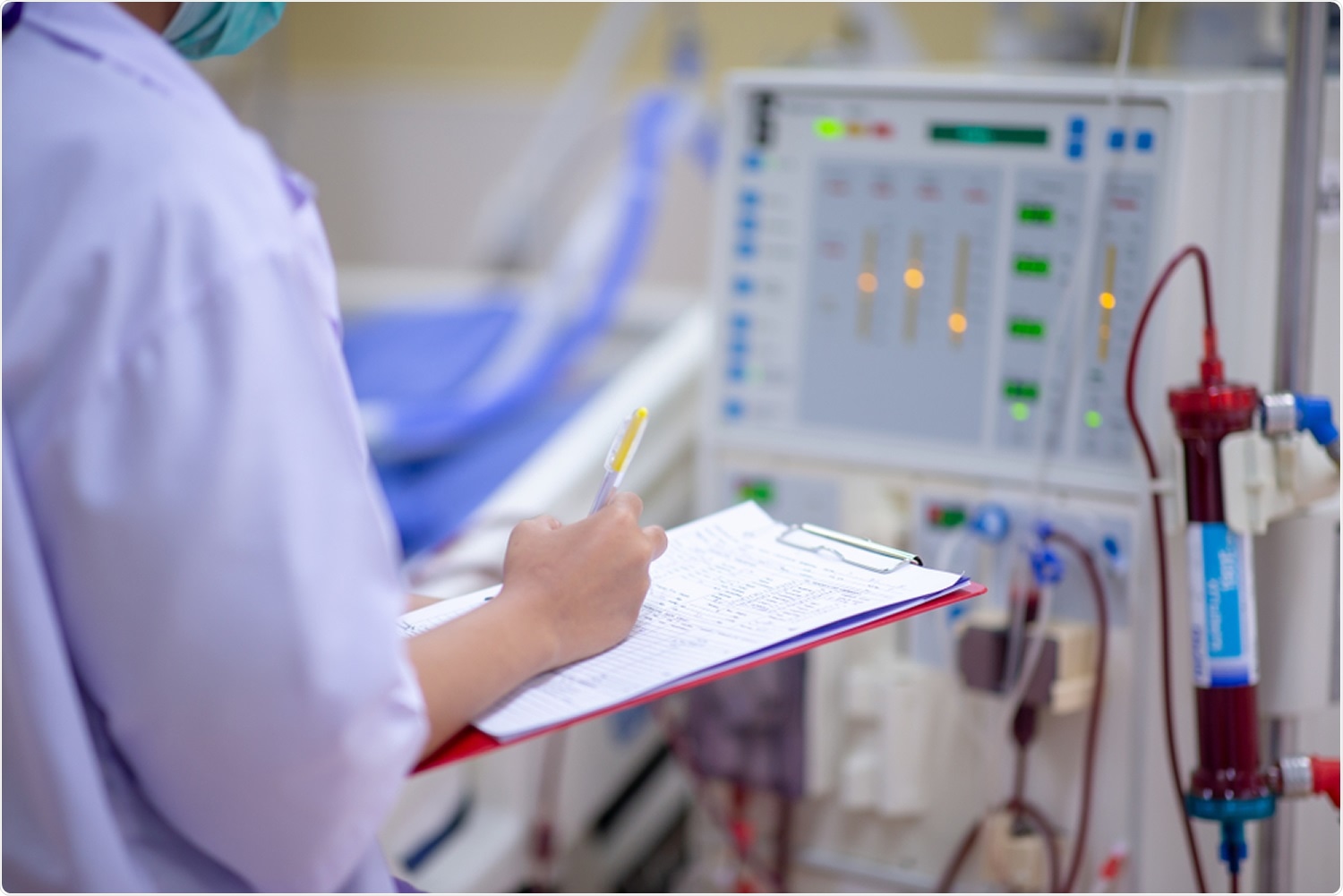Studies show that in transplant recipients, the humoral response to two doses of a COVID-19 vaccine is inferior to that in immunocompetent individuals. However, there is not much data on the real-world efficacy of COVID-19 vaccination in kidney transplant recipients.

Studying the impact of COVID-19 vaccination on SARS-CoV-2 infection and outcomes in kidney transplant patients
Researchers from Toronto, Canada, performed a cohort study to analyze the impact of COVID-19 vaccination on severe acute respiratory syndrome coronavirus 2 (SARS-CoV-2) infection and clinical outcomes in kidney transplant patients. This study is available on the preprint server, medRxiv.*
They recorded the COVID-19 vaccination and infection status of all patients in their transplant program between March 11, 2020, and July 19, 2021, along with demographic factors and clinical covariates related to the severity of disease.
They used a time-varying Cox-proportional hazards model to examine the association between vaccination status and SARS-CoV-2 infection risk after adjusting for sex, age, time post-transplant, COVID-predisposing comorbidities, kidney function, and the weekly infection rate in each patient’s community. The secondary outcome of the study was severe SARS-CoV-2 infection defined as COVID-related hospital admission or death.
Out of 1,793 kidney transplant recipients evaluated, 1,540 (85.9%) recipients had received one dose of the vaccine, and 1,402 (78.2%) had received two vaccine doses by the end of the study. The median age was 60.4 years and the median time after transplantation was 8.1 years.
Association between community infection rates and transplant duration <3 months and risk of infection
Out of the 114 SARS-CoV-2 infections, 61% were severe. Community infection rates and transplant duration of less than 3 months were associated with the risk of infection. They observed similar associations for severe SARS-CoV-2 infections when compared to unvaccinated patients. No association between two doses of vaccination and any SARS-CoV-2 infection or severe SARS-CoV-2 infection was observed.
They conducted a sensitivity analysis to study the impact of administration of any vaccine dose on any SARS-CoV-2 infection and severe infection and the results showed no change in overall effect.
According to the authors, although this vaccination effectiveness analysis is limited by cohort size, the results clearly show that the infection and poor outcome risks were predominantly determined by transplant vintage and community infection rates and not by vaccination status.
More recent studies have demonstrated that a 3rd dose of the COVID-19 vaccine offers greater immunogenicity in transplant recipients.
“Future studies must examine whether such strategies enhance real-world vaccine effectiveness among transplant patients.”
*Important Notice
medRxiv publishes preliminary scientific reports that are not peer-reviewed and, therefore, should not be regarded as conclusive, guide clinical practice/health-related behavior, or treated as established information.
- Real-world Effectiveness of 2-dose SARS-CoV-2 Vaccination in Kidney Transplant Recipients Caitríona M. McEvoy, Anna Lee, Paraish S. Misra, Gerald Lebovic, Ron Wald, Darren A. Yuen medRxiv 2021.09.21.21263457; doi: https://doi.org/10.1101/2021.09.21.21263457, https://www.medrxiv.org/content/10.1101/2021.09.21.21263457v1
Posted in: Medical Research News | Medical Condition News | Disease/Infection News
Tags: Coronavirus, Coronavirus Disease COVID-19, Efficacy, Hospital, Kidney, Kidney Transplant, Respiratory, SARS, SARS-CoV-2, Severe Acute Respiratory, Severe Acute Respiratory Syndrome, Syndrome, Transplant, Vaccine

Written by
Susha Cheriyedath
Susha has a Bachelor of Science (B.Sc.) degree in Chemistry and Master of Science (M.Sc) degree in Biochemistry from the University of Calicut, India. She always had a keen interest in medical and health science. As part of her masters degree, she specialized in Biochemistry, with an emphasis on Microbiology, Physiology, Biotechnology, and Nutrition. In her spare time, she loves to cook up a storm in the kitchen with her super-messy baking experiments.
Source: Read Full Article



